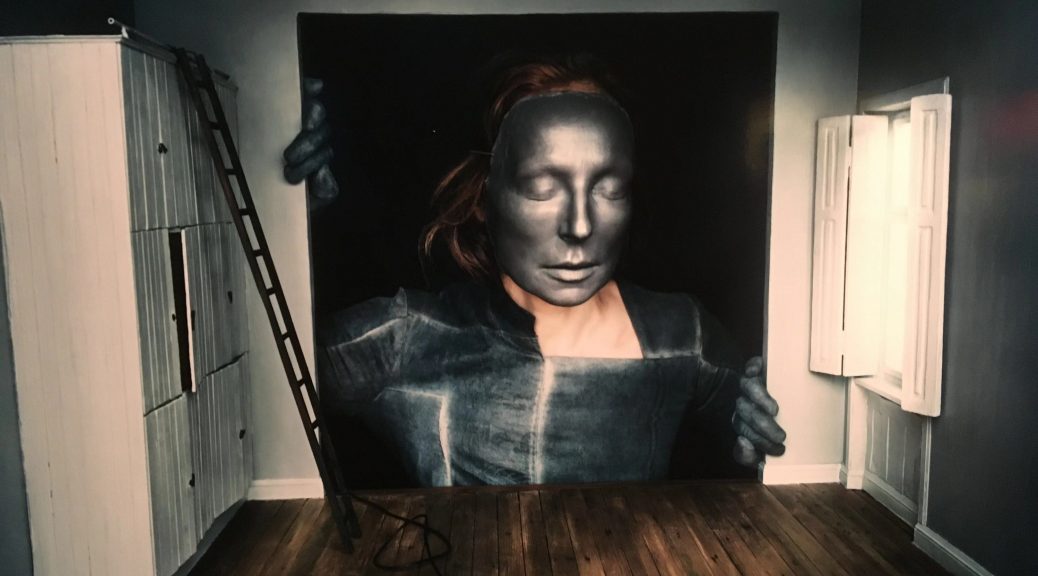STOCKHOLM, Nov. 8 (Greenpost)–Prime Minister Juha Sipilä and President of the European Commission Jean-Claude Juncker met today, on 8 November, in Helsinki, according to a statement from government office reaching here.
In their meeting, Sipilä and Juncker had a wide-ranging discussion on the development of the EU and the challenges it will face in the future. The leaders also discussed Finland’s upcoming Presidency of the Council of the European Union, as well as the country’s priorities for the Commission’s new five-year work programme.
Sipilä and Juncker’s discussions focused on topics including the EU’s measures to respond to migration, questions concerning international trade and the development of the EU’s internal markets.
“When it comes to migration, we must focus above all dealing with the root causes and engaging in cooperation with the countries of origin. We also need more effective control of the EU’s external borders, including reform of the Common European Asylum System. During its Presidency term, Finland is committed to continue seeking a way forward in migration issues in a pragmatic and result-oriented manner,” commented Prime Minister Sipilä.
Sipilä and Juncker agreed that strengthening the rules-based international system of trade must continue to be a top priority of the EU’s trading policy.
“The EU has to maintain its leading role in modernising the World Trade Organization (WTO). At the same time, we must work to engage the United States and China in this process,” Prime Minister Sipilä said.
Prime Minister Sipilä and European Commission President Juncker also discussed the development of the EU’s defence cooperation and preparedness for hybrid threats, the status of the Brexit negotiations, cooperation between the EU and Africa, climate issues and the EU’s new multiannual financial framework.
In addition to European Commission President Juncker, Sipilä met today, on 8 November, with Bulgarian Prime Minister Boyko Borisov. Today’s discussions were part of a series of meetings leading up to Finland’s term as President of the Council of the European Union. Prime Minister Sipilä will meet with the heads of all EU Member States before the start of Finland’s Presidency term.
Inquiries:




















 Children from around the world, here in Cambodia and Sweden, participate in a Global Vote to decide who receives the World’s Children’s Prize.
Children from around the world, here in Cambodia and Sweden, participate in a Global Vote to decide who receives the World’s Children’s Prize.
